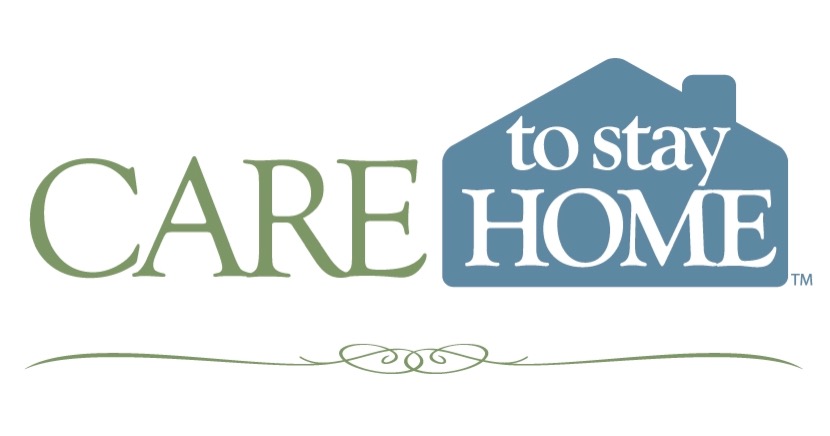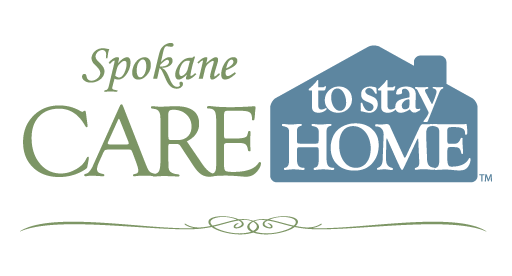24 May What’s the Difference Between Alzheimer’s and Dementia?
Dementia is a broad term to describe a decline in mental ability that is severe enough to impact a person’s daily functioning. Dementia can affect memory, reasoning, and other thinking skills.
Alzheimer’s disease is a type of dementia. It is a degenerative brain disease that affects a person’s memory, thinking, and behavior. Brain changes associated with Alzheimer’s include the degeneration of nerve cells and the build-up of abnormal proteins.
There is no cure for Alzheimer’s or most forms of dementia, and all types of dementia are considered progressive, meaning a person’s symptoms may get worse with time.
However, it’s important to know that some types of memory loss may be reversible—for example, memory problems caused by a specific medication.
Getting the right diagnosis and support for a loved one with memory loss or other cognitive changes is critical. Caregivers also need support. In-home care can provide much-needed respite for family members caring for a loved one with Alzheimer’s or dementia.
Keep reading to learn more about Alzheimer’s and other types of dementia, and what signs and symptoms to watch for.
What Is Dementia?
Dementia is a general term describing symptoms associated with a decline in thinking ability and memory. While some changes to memory and cognition may be a normal part of aging, dementia is not a normal progression of age.
There are many types of Dementia, and each can impact a person’s thinking or behavior in different ways. All dementias are caused by damage to brain cells, but symptoms vary depending on the region of the brain affected and how they are affected.
When brain cells cannot communicate normally, a person may experience changes in their thinking that are severe enough to impact their daily life and independence. These changes may also affect the person’s behavior, feelings, and relationships.
Symptoms of Dementia
Symptoms of dementia can vary significantly, but may include:
- Difficulty recalling past events
- Feeling disoriented or confused
- Problems with planning, critical thinking, organizing, or completing tasks
- Trouble with spatial reasoning
- Problems with short-term memory
- General decline in motor functions
- Visual and coordination problems
- Difficulty with verbal expression or forming sentences
Alzheimer’s is currently the most commonly diagnosed and well-known form of Dementia, but there are many others, including:
- Vascular Dementia (Multi-Infarct Dementia)
- Frontotemporal Dementia
- Creutzfeldt-Jakob Disease
- Parkinson’s Disease with Dementia
- Posterior Cortical Atrophy
- Mixed Dementia
- Wernicke-Korsakoff Syndrome
- Huntington’s Disease
- Dementia with Lewy Bodies
- Normal Pressure Hydrocephalus
What Is Alzheimer’s Disease?
Alzheimer’s is a type of Dementia. It is a degenerative disease that causes damage to brain cells. This damage can lead to complex changes in how the brain functions.
When dementia is caused by Alzheimer’s disease, it is referred to as “Alzheimer’s Dementia.” People with Alzheimer’s dementia show noticeable symptoms related to memory, language, thinking, or behavior that impair their ability to function in everyday life.
Age is a risk factor in the development of Alzheimer’s disease. But Alzheimer’s is not a normal part of aging.
Getting the Right Diagnosis
According to the Alzheimer’s Association, Azheimer’s is the most common type of Dementia. But most individuals with memory loss are not properly diagnosed.
Most experts, including the Alzheimer’s Association, recommend seeing a Dementia Care Specialist—such as a neurologist specializing in Dementia—to ensure a person gets the right diagnosis.
To properly diagnose Alzheimer’s and other forms of Dementia, physicians need to conduct a series of tests to determine the type of Dementia, possible origins, and which medical interventions may help reduce symptoms.
Getting a proper diagnosis is vital in order to understand how a person’s quality of life may change. With the right diagnosis, family members and other caregivers can create a strategic plan of care.
Symptoms of Alzheimer’s Disease
Although some of the symptoms of Alzheimer’s and other forms of dementia can overlap, Alzheimer’s tends to progress in stages.
The changes associated with Alzheimer’s typically begin in the part of the brain that impacts learning. It’s why the most common early symptom of Alzheimer’s is difficulty remembering newly learned information.
As Alzheimer’s progresses, a person’s symptoms will gradually worsen.
They may start to have mood and behavior changes and experience confusion about time and place. They may become suspicious of family, friends, and caregivers or make rash or impulsive decisions due to impaired judgment.
In late-stage Alzheimer’s, the person may be unable to carry on a conversation. They may have severe memory loss and difficulty walking, talking, and even swallowing. A person at this stage typically requires full-time, round-the-clock care.
To diagnose Alzheimer’s, physicians will look at medical history and may conduct several tests, including brain imaging and blood tests. Physicians will typically also perform a neurological exam, and they may use mental status tests to evaluate the person’s memory, thinking and simple problem-solving abilities.
Early Symptoms: Alzheimer’s vs. Other Dementias
A key distinction between Alzheimer’s and other types of dementia is which symptoms appear first and when.
The early symptoms of Dementia with Lewy Bodies, for example, usually include problems with reasoning and problem solving as well as movement impairments and sleep issues. Some people with Dementia with Lewy Bodies may also experience hallucinations, and some of the symptoms they experience may be similar to Parkinson’s Disease.
Early symptoms of Alzheimer’s almost always involve problems with memory storage, such as forgetting newly learned information. However, a person with Alzheimer’s may also experience symptoms that overlap with other types of dementia.
10 Warning Signs of Dementia or Alzheimer’s Disease
Depending on the area of the brain that’s affected, dementia can affect people differently and cause different signs and symptoms. Here are 10 general warning signs of dementia or Alzheimer’s disease:
- Memory loss that disrupts daily life
- Challenges in planning or solving problem
- Difficulty completing familiar tasks at home, at work, or at leisure
- Confusion with time or place
- Trouble understanding visual images and spatial relationship
- New problems with words in speaking or writing
- Misplacing things and losing the ability to retrace steps
- Decreased or poor judgment
- Withdrawal from work or social activities
- Changes in mood and personality
Dementia-Like Symptoms Are Not Always Dementia
Some individuals have Dementia-like symptoms without the brain changes associated with Alzheimer’s or other degenerative brain diseases.
Causes of dementia-like symptoms can include other medical issues, side effects of medications, diet, and certain vitamin deficiencies.
In situations like this, it may be possible to reverse dementia-like symptoms. It’s vital to get a proper diagnosis. People experiencing cognitive changes should see a doctor to determine the underlying cause of their symptoms.
In-Home Care Services for People with Dementia or Alzheimer’s
Alzheimer’s disease and other dementias are progressive conditions, but it’s still possible to live a productive life in the early stages. And with the right help and support, a person may find continued enjoyment and pleasure in their daily routines and activities, even as their condition progresses.
If your loved one or elderly parent has dementia or Alzheimer’s, Spokane Care To Stay Home provides person-centered, compassionate in-home care. Our trained staff members not only help with essential daily activities like bathing, eating, and toileting, but also provide critical social and emotional support.
Our services make it possible for your loved ones to receive the care they need in comfortable, familiar surroundings. Get in touch for a free assessment and for more information about our Alzheimer’s and dementia home care services at (509) 340-1359.
Our team specializes in dementia and is led by a Certified Dementia Practitioner. For more information, we welcome you to explore our short videos on YouTube at: https://www.youtube.com/channel/UCssb57kcWvR9iRZO0F50r1w
SOURCES:


